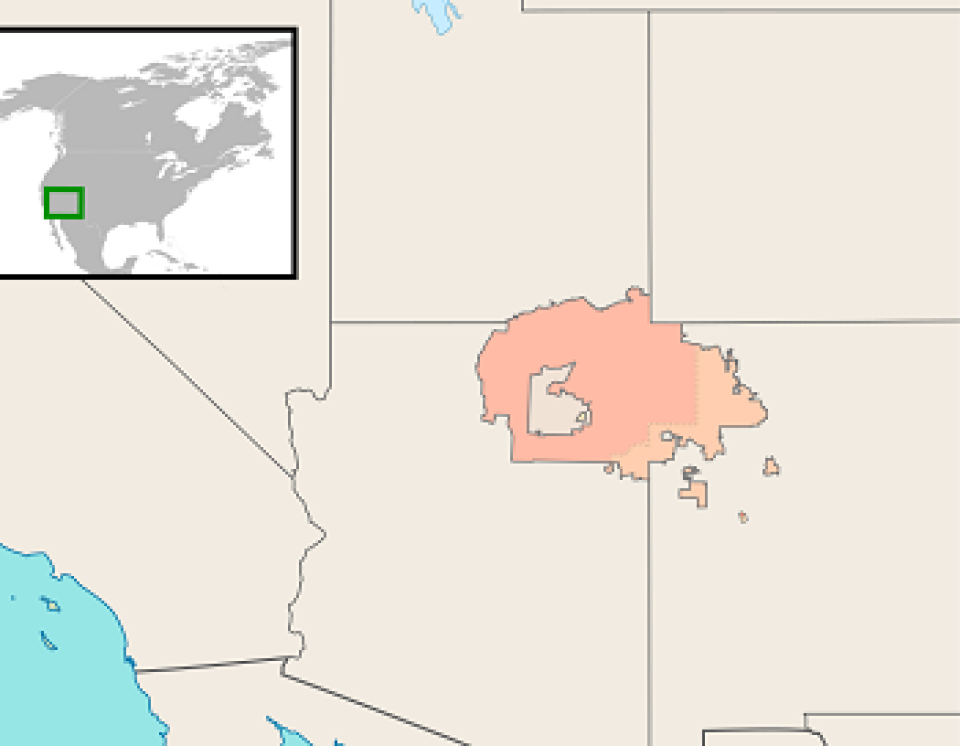Navajo Nation Nabs $420,000 To Expand Broadband in Utah
The Navajo Tribal Utility Authority (NTUA) is slated to receive more than half a million dollars in Covid-relief funding from the state of Utah. The funding will help the NTUA expand fiber and wireless access to part of the 27,425 square mile Navajo Nation, improving access at Navajo anchor institutions and some of the nation’s 173,000 residents.
The NTUA was created in 1959 by Navajo leaders frustrated by the fact that regional utilities had failed to provide uniform electricity services to the Navajo people. Still, over 60 years later and not only is the failure to electrify marginalized communities still a problem, the organization is leveraging its experience in that fight to expand broadband access as well.
Project Timeline: 30 months
To help fix the problem, the Utah Broadband Center, run by the Governor’s Office of Economic Opportunity, recently doled out $420,732 in broadband grants to the NTUA. Combined with $140,244 in matching funds from the NTUA, the project will bring a combination of fiber and wireless to 473 households currently unserved in Montezuma Creek, Utah.

The grants were part of $10 million in Covid relief funding recently awarded by the Utah Broadband Center and made possible by the American Rescue Plan Act.
“From the time they sign the contract with the state, they have 30 months to complete the project,” Rebecca Dilg, Director of the Utah Broadband Center, told ILSR. “We are still working out the details of the contracts with all grant recipients.”



